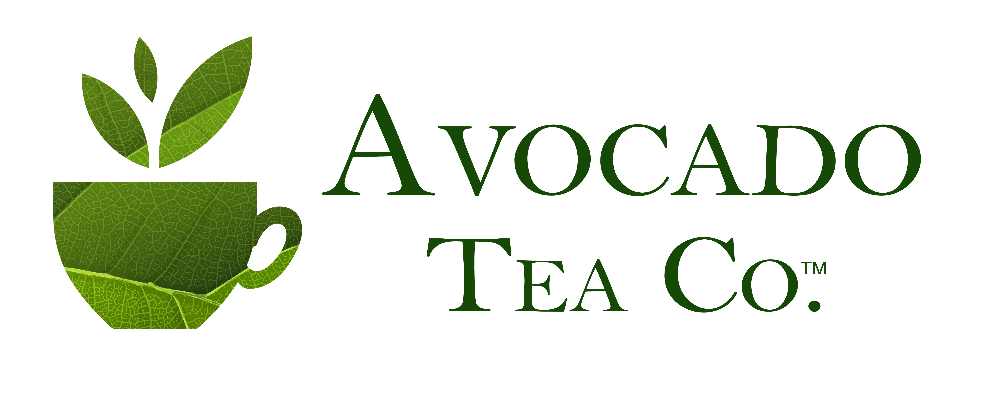Hyperuricemia is a common metabolic disorder characterized by elevated levels of serum uric acid (UA). Hyperuricemia is known to cause gout and renal failure.
About 21% of people in the general community and 25% of hospitalized patients are thought to have asymptomatic hyperuricemia. Gout is the most prevalent complication of hyperuricemia, affecting 3.9% of the population in the United States. Since hyperuricemia is so common, it cannot be taken as a sign of disease in and of itself. (1)

Hyperuricemia is one of the most common causes of chronic gouty arthritis. Hyperuricemia is a condition where there are too many uric acid crystals in the blood. Uric acid is the end product of purine metabolism that is formed when cells break down purines. Normally, uric acid is dissolved in the blood, but sometimes it can crystallize and lodge itself in joints and cause inflammation.
About Hyperuricemia
Hyperuricemia may occur if you are unable to excrete enough uric acid from your body, or if your body produces too much uric acid (2). Several factors can lead to hyperuricemia, including:
Poor kidney function. This can occur due to kidney disease, dehydration, or other medical conditions that cause impaired kidney function.
Excessive intake of purines. Purines are substances found in foods such as meat, fish, and seafood. They're broken down into uric acid by the body's enzymes. Excess consumption of these foods can cause blood levels of uric acid to rise over time, leading to hyperuricemia.
Dietary changes or weight loss. If you suddenly begin eating less food or lose weight without a corresponding reduction in calories, uric acid levels may rise if your body isn't able to get rid of it quickly enough through exercise or urination.
Sedentary lifestyle. If you don't exercise regularly, the number of waste products generated by your body can exceed its ability to eliminate them through urination and sweat — resulting in a buildup of waste products such as uric acid that builds up in your joints and causes pain and swelling (gout).
A Study on Anti-hyperuricemia Effect of Avocado Leaves Ethanol Extract
Avocado leaves are known for their anti-hyperuricemic properties; however, there is only one report that has investigated their ability to inhibit Xanthine oxidase activity. In this study, scientists investigated whether avocado leaf extract could suppress serum uric acid levels and inhibit XO activity in potassium oxonate-induced rats.
There was a qualitative phytochemical screen performed on the extract, and an in vitro assay for anti-hyperuricemia was conducted using the inhibitory activity of xanthine oxidase. All of the treatments were put through in-vivo tests on rats provoked with potassium oxonate.
The analysis of avocado leaf extract revealed the presence of several different bioactive compounds, including alkaloids, flavonoids, glycosides, tannins, glycosides, steroids, triterpenoids, and saponins. At 120 ppm, 91.71% of xanthine oxidase activity was inhibited. At 300 mg/kg, avocado leaf ethanol extract (ALEE) significantly lowers blood uric acid content from 12.3% to 4.3%, which is very near to the gold standard of allopurinol, which is 3.5%. These findings suggest that avocado leaf extract may have promising future biological uses as a natural anti-hyperuricemia.
Conclusion
The study examined the anti-hyperuricemia effect of avocado leaf extracts, and it found that the extract has significant anti-hyperuricemic activity.
The researchers concluded that avocado leaf extract may have promising future applications in preventing or treating hyperuricemia.









